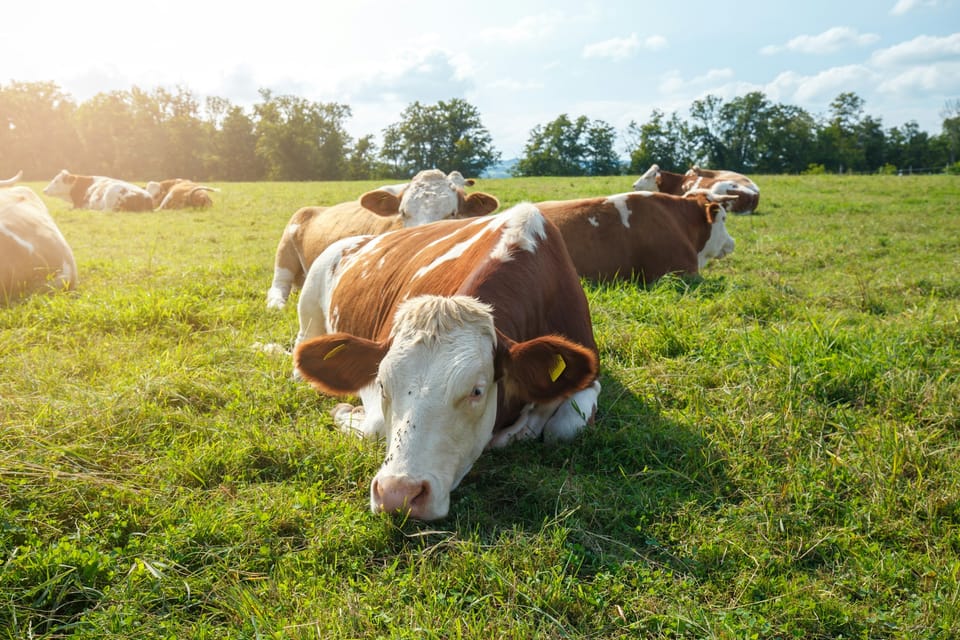Regenerative Agriculture: Transforming Farming for a Sustainable Future

Regenerative Agriculture: A Path to Sustainable Food Security
Regenerative agriculture prioritizes soil health and biodiversity, making it a cornerstone of sustainable farming initiatives. Practices like minimal tillage, cover cropping, and crop rotation are employed to boost soil fertility and decrease the dependency on synthetic pesticides. These methods not only maintain the well-being of the soil but also enhance overall ecosystem services, laying the groundwork for a resilient agricultural landscape.
On the flip side, conventional agriculture is increasingly coming under scrutiny for its detrimental effects. The rampant use of pesticides has not only led to soil degradation and water pollution but has severely impacted pollinator populations. This cumulative damage poses a significant threat to food security, underlining the urgent need for a transition to more sustainable agricultural practices.
Health Risks and Corporate Responsibility
Pesticide use is not just an environmental concern; it is also a public health issue. Linked to an array of health complications including cancer, asthma, and neurological disorders, pesticide residues present in food are particularly worrisome for children. This underscores the necessity for more stringent regulations and safer farming practices.
Unfortunately, the progress in reducing pesticide use has been sluggish. Major food manufacturers have committed to reducing pesticide use by 2025 and 2030, yet the strides made so far have been minimal. The European Union has stepped in with proposals to cut synthetic pesticide use by 50% by 2030, compelling farmers to adopt more environmentally-friendly pest control methods. However, the success of such initiatives will largely depend on the cooperation and transparency of food manufacturers.
Consumer Advocacy and the Road Ahead
Consumers have a vital role to play in this transition. By supporting companies that prioritize pesticide reduction and transparency, and by opting for organic produce, consumers can reduce their exposure to harmful chemicals. Additionally, independent testing and advocacy for greater transparency from food companies are crucial to ensuring food safety and accountability.
Regenerative agriculture is not just an idealistic concept; it is critical for a sustainable and healthy food system for future generations. By focusing on soil health and reducing chemical inputs, regenerative agriculture offers a viable and promising solution to the intertwined issues of food security and pesticide damage. It is the way forward for achieving a harmonious balance between human needs and environmental stewardship.
Looking for updates? Sign up to our newsletter for weekly snippets.


